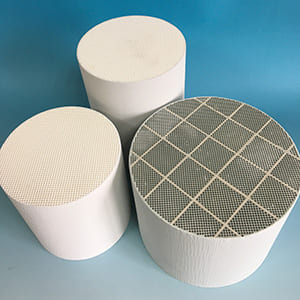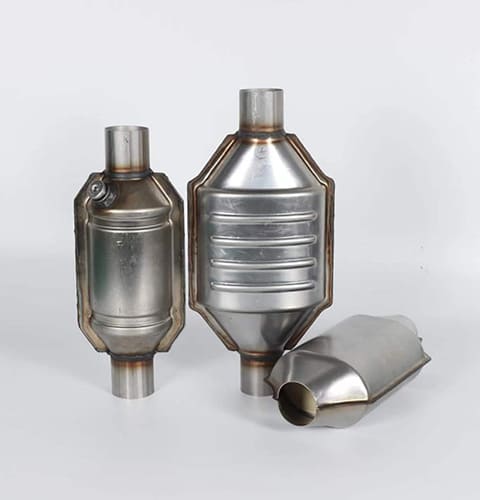When it comes to Diesel Particulate Filters (DPFs), many people might assume that one size fits all. But is that really the case? Are all DPF filters the same, or are there significant differences that can impact performance and longevity?
The short answer is no, not all DPF filters are the same. There are various types, designs, and materials used in DPFs that can affect their efficiency and durability.
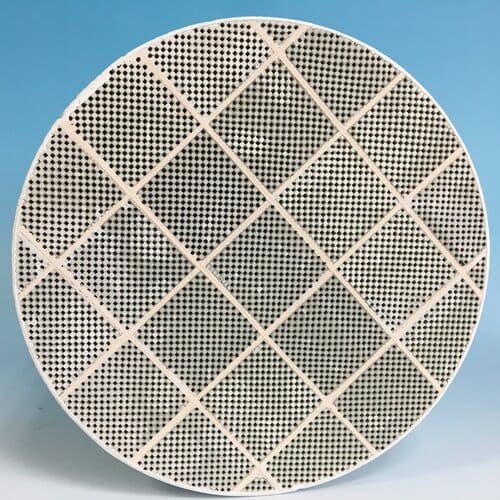
What Makes DPF Filters Different?
DPF filters are designed to capture and store soot from diesel engines, preventing it from being released into the atmosphere. However, several factors differentiate one DPF from another:
1. Material Composition
The material used in the filter can significantly impact its effectiveness and lifespan. Common materials include:
- Cordierite: Known for its excellent filtration efficiency but can be prone to cracking under extreme temperatures.
- Silicon Carbide (SiC): Offers higher thermal resistance and durability but is generally more expensive.
- Metal Fiber: Provides high durability and is less likely to crack but may not filter as efficiently as ceramic options.
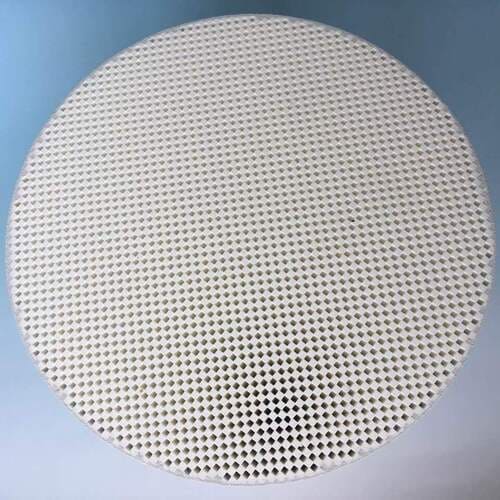
2. Cell Structure
The cell structure of the DPF can also vary. The most common structures are:
- Honeycomb: Offers a high surface area for filtration but can be more susceptible to clogging.
- Wall-Flow: Forces exhaust gases through porous walls, providing excellent filtration but may require more frequent regeneration.
3. Regeneration Methods
DPFs need to undergo regeneration to burn off accumulated soot. The methods of regeneration can differ:
- Passive Regeneration: Occurs naturally when the exhaust temperature is high enough to burn off the soot.
- Active Regeneration: Requires additional fuel injection or an electric heater to increase the exhaust temperature.
- Forced Regeneration: Conducted manually using specialized equipment, often in a workshop setting.
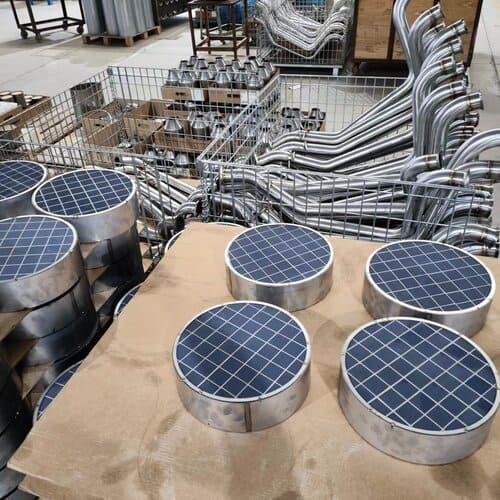
4. Size and Fit
The size and fit of a DPF can vary depending on the vehicle make and model, Engine displacement is an important indicator, please provide it to your supplier so that they can help you match the right DPF. An ill-fitting DPF can lead to increased backpressure, reduced engine performance, and even damage to the engine.
Why Do These Differences Matter?
Understanding the differences between DPF filters is crucial for several reasons:
- Performance: The right DPF can improve your vehicle’s performance by reducing backpressure and ensuring efficient filtration.
- Longevity: Choosing a DPF made from durable materials can extend the lifespan of the filter, reducing the frequency of replacements.
- Cost: While some DPFs may have a higher upfront cost, their durability and efficiency can lead to long-term savings.
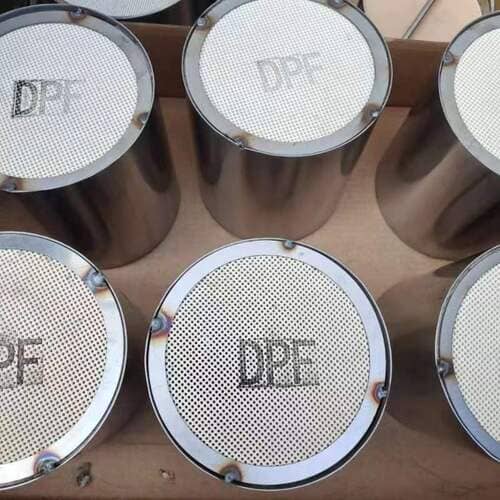
Conclusion
In summary, not all DPF filters are the same. Differences in material composition, cell structure, regeneration methods, and size can significantly impact the performance and longevity of the filter. By understanding these differences, you can make a more informed decision when selecting a DPF for your vehicle, ensuring optimal performance and cost-effectiveness.

